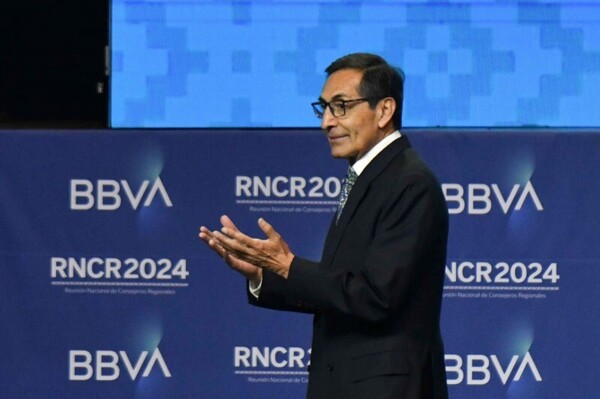
The second third of Peña Nieto's government is shaping up to be a crucial period to determine if there will be continuity of "peñismo" once his term ends, or if his legacy will be limited. Important movements are expected in autumn and winter, with the arrival of PRI leaders to Congress and some cabinet members planning to jump to San Lázaro to then run for governorships.
In this context, uncertainty arises regarding the role of Manlio Fabio Beltrones, the coordinator of the PRI deputies, who despite not being part of Peña Nieto's close team, is considered a politician with key capacity and experience. Consolidating the reforms promoted by the government becomes a crucial task at this stage, as it will directly influence the political future of many individuals.
President Enrique Peña Nieto will face the challenge of maintaining a majority in Congress, which will be renewed in 2015, keeping control of the finance and budget committees, fundamental for macroeconomic policy and electoral management. Building a transgenerational political project becomes imperative for the president and his team.
Consolidating the reforms becomes a priority, where figures like Virgilio Andrade and Senator Raúl Cervantes gain relevance. The success of these reforms will define Peña Nieto's legacy and that of his team, directly influencing the presidential succession. Economic stability and success in security and governance are critical aspects for the president's transgenerational project.
The challenge lies in maintaining the stability and success of the project, as the political future of the president and his potential successors depends on it. Peña Nieto faces the challenge of ensuring historical and public recognition after his term, leading him to gamble the future of his transgenerational project at this stage.
The president and his team must finalize the undertaken reforms, where key actors like Videgaray and Osorio Chong play a fundamental role. The resistances and obstacles along the way raise questions about the direction that Peña Nieto's transgenerational project will take. The culmination of the energy reform presents itself as a significant achievement in this complex political context.














